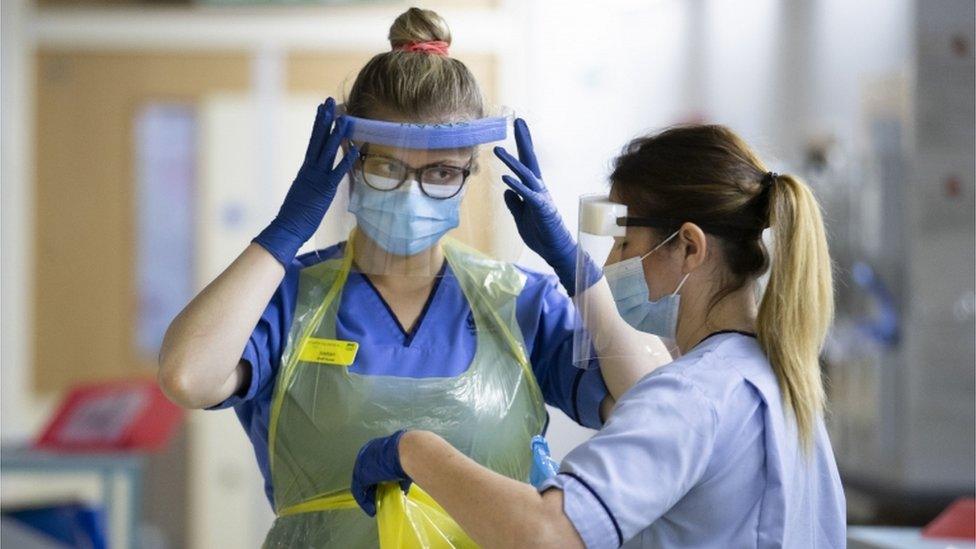Rise in hospital falls and bed sores since pandemic
- Published
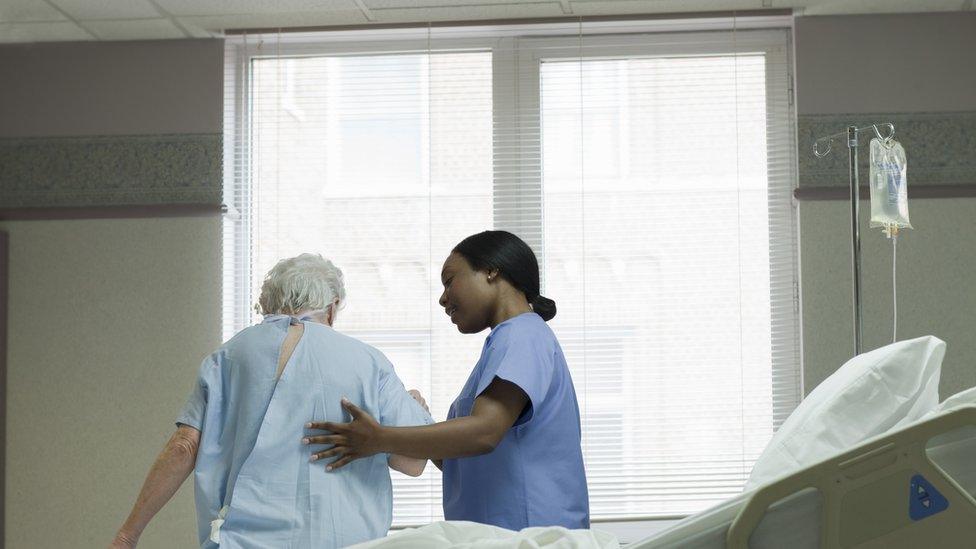
The number of falls and bed sores recorded in Scotland's hospitals has increased since the Covid pandemic, new data shows.
NHS staffing pressures and the deconditioning effect of the Covid lockdown creating more frail patients are being blamed for the rise.
The Scottish government paused work on a national prevention strategy for falls when the pandemic started.
The strategy has now been shelved and experts argue this is a mistake.
Figures released by NHS Healthcare Improvement Scotland (HIS) show that in 2018-19 - the last full year before the Covid pandemic - a total of 26,489 falls were recorded in hospitals.
In 2021-22, the total was 27,767 but this does not include data for two health boards, NHS Fife and Dumfries and Galloway, as they are not currently part of the HIS programme to record falls.
Dawn Skelton, a professor in ageing and health at Glasgow Caledonian University, said there was a "maelstrom" of problems fuelling the increase in hospital falls.
She said: "You've got staffing issues definitely but you've also got people who are going in to hospital a step change frailer than they were pre-Covid because of what has happened with all the restrictions.
"The people in these falls figures have got no reserves, blow on them and they will fall over, so they are at more risk when they go in."
Prof Skelton said it was time to resurrect the Scottish government's falls and fracture prevention strategy, external as its "value now cannot be underestimated".
She added: "Falls and frailty are one of the main causes of long hospital stays and demands on social care and without a spotlight on both the management, but also prevention, the financial and staffing demands on NHS and social care will only rise."
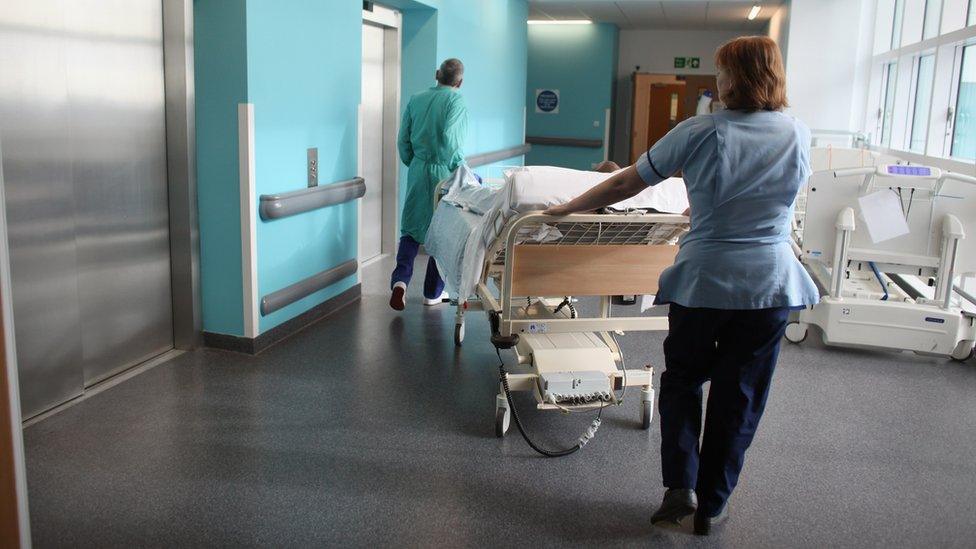
Recorded instances of bed sores, which form when hospital patients are stuck in one position for too long, have increased in Scotland's biggest health boards.
Figures released by NHS Greater Glasgow and Clyde show that in 2018-19 the board recorded 239 pressure ulcers in its hospitals, 439 the following year and 537 in 2021-22.
In NHS Lothian, the number of bed sores recorded increased from 780 in 2018-19 to 1,120 last year.
Both boards have different ways of counting pressure ulcers, not all of which were acquired in hospital.
NHS Lothian board papers from April suggested a recent increase in falls and pressure ulcers was a "reflection of the pressures on the system".
Minutes from the board's healthcare governance committee record that Gillian McAuley, acute nurse director for NHS Lothian, advised that the "use of supplementary staffing, the number of patients with acute delirium, reduced patient visiting as well as increased activity in the system all contributed to an increase in falls".
NHS Greater Glasgow and Clyde said it has "a robust process in place for recording pressure damage" and added "we constantly strive to reduce avoidable damage through a robust system of multi-disciplinary learning and improvement".
'Robust processes'
Alison MacDonald, of NHS Lothian, said: "In recent years, there has been a concentrated effort to better record and report pressure ulcers. We have invested more into staff training and our expert tissue viability team, and put in place a nurse consultant role."
The Scottish government said there is currently no plan to publish a national falls strategy as a result of what it described as a very changed NHS landscape following the pandemic.
A spokeswoman said: "Falls prevention and reducing harm caused by falls is crucial for maintaining the health, wellbeing and independence of older people and supports our ambition to make Scotland the best place in the world to grow old."
NHS Dumfries and Galloway and Fife both said they routinely log and document falls in their hospitals.
An ongoing HIS review is expected to re-establish consistent data submission on the likes of falls and pressure ulcers from all of Scotland's health boards.
Related topics
- Published4 October 2022
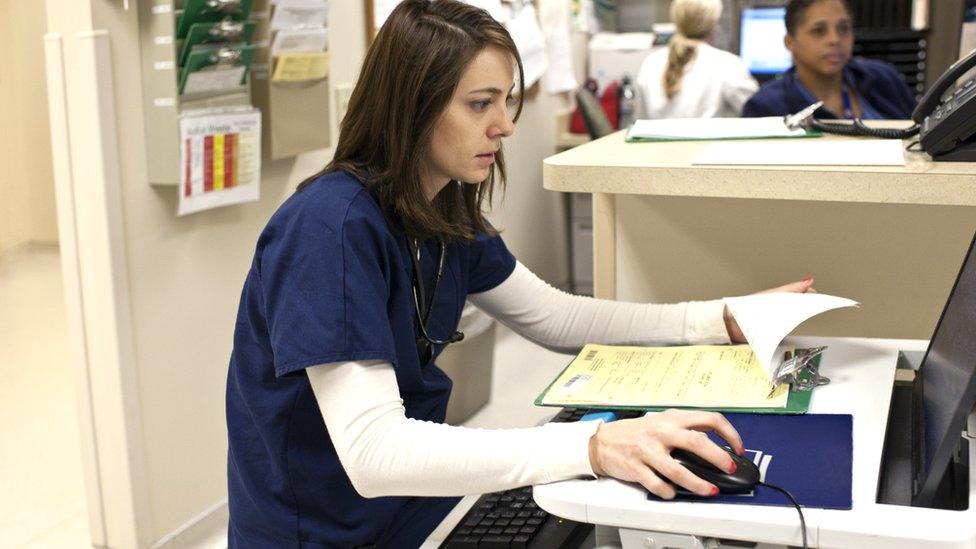
- Published1 November 2022
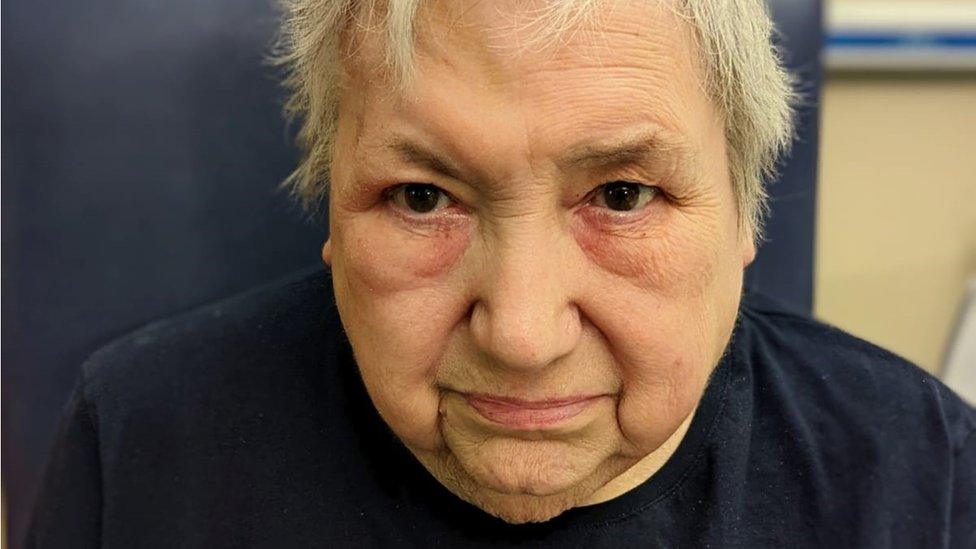
- Published10 November 2022
